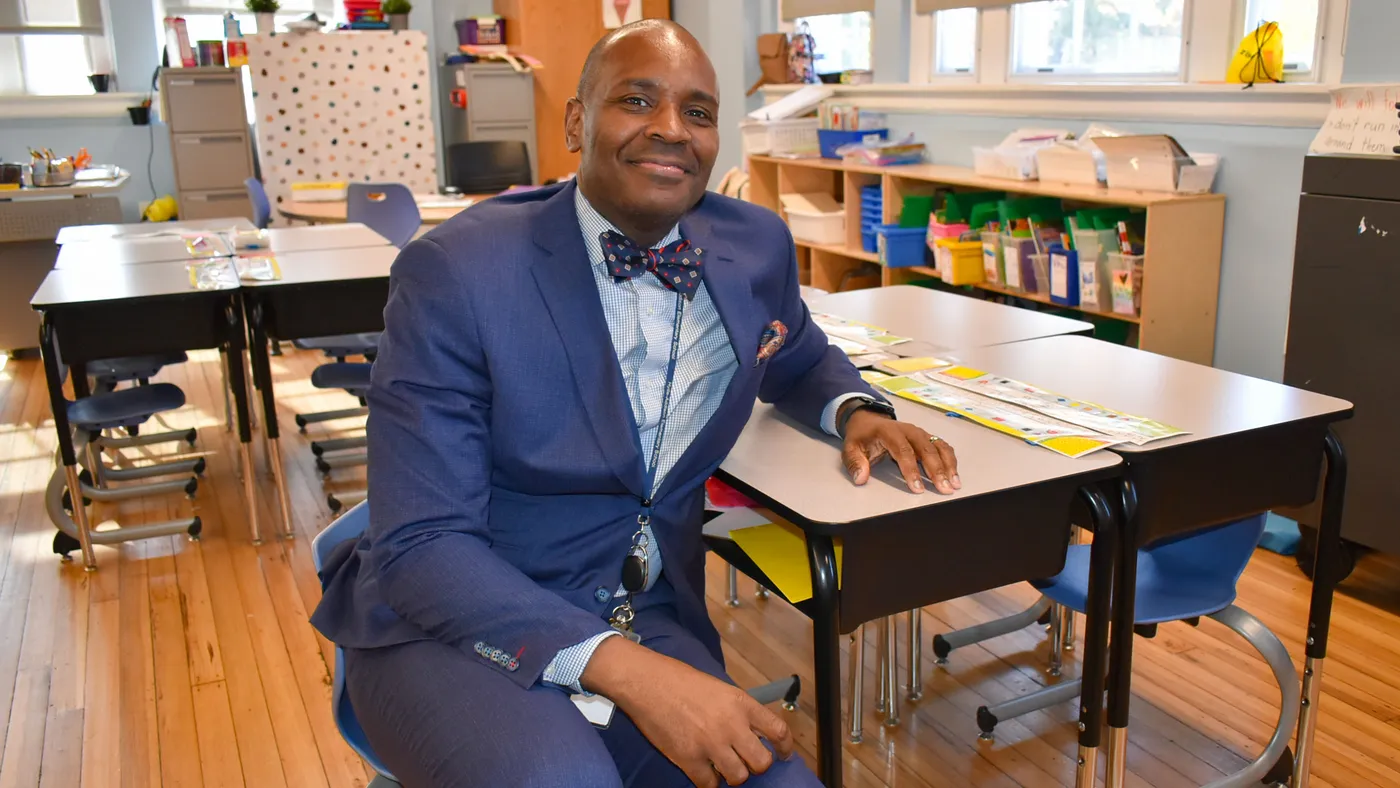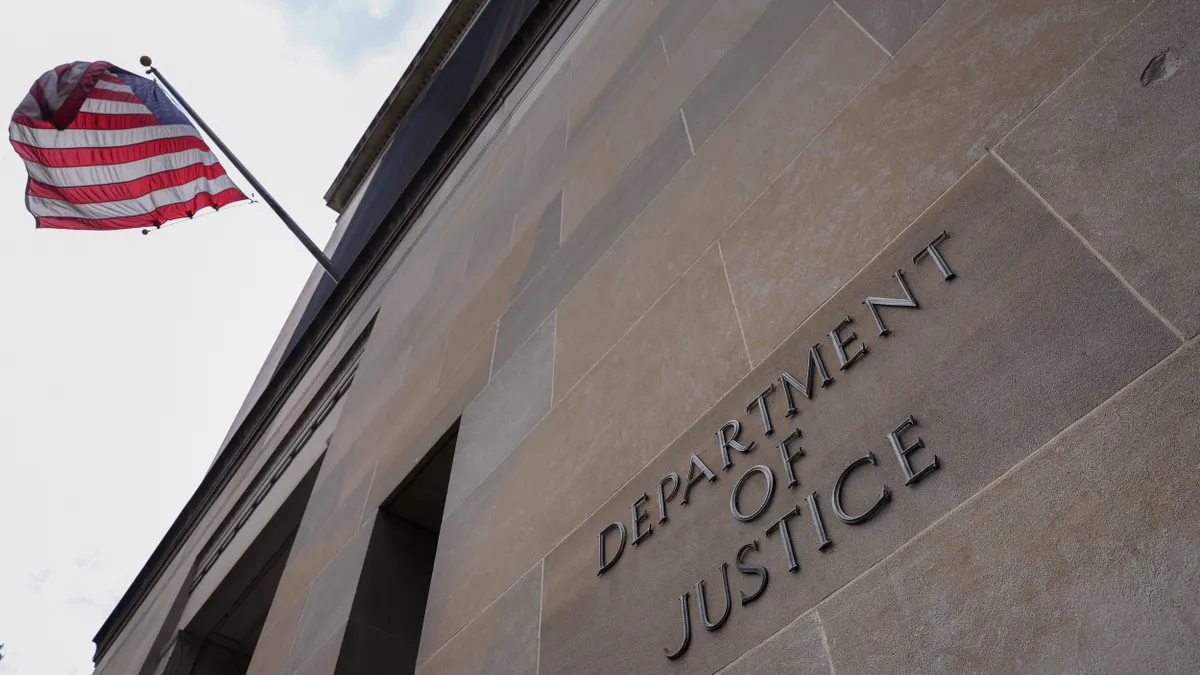As a group of 1st graders at Hyde-Addison Elementary School moves from the playground to their next class, a few students jump out of line and swarm Principal Calvin Hooks with hugs. He’s all smiles as the children's embraces lock him in place in the middle of the school lobby, greeting the students as he discusses the day's activities with a few staff members.
The bow tie-wearing principal is clearly beloved by the Washington, D.C., public school's pre-K-5th grade students. They dress like him and leave thank you notes in a folder outside his office. But his young pupils aren't his only admirers.
Local and national education leaders are taking note of the school's double-digit gains on reading and math assessments — made during the pandemic. The school’s chronic absenteeism rate dropped from 20% during the 2022-23 school year to 8% last school year. The school also has less than a 1% rate for suspensions, expulsions and discipline due to bullying.
Additionally, Hyde-Addison, which enrolls 400 students and employs about 60 staff members, has made progress in building family engagement and school-home connectedness. It boasts a nearly 100% staff retention rate. About 40% of students live within the school boundaries. The rest have enrolled in the school through a citywide lottery system and come from all eight wards in the city.
The test gains and positive school culture have led to accolades for the school and Hooks, including the 2022 Standing Ovation Award for Building Bridges for Students and Families and a 2023 Standing Ovation Award for School Leaders. Both honors come from the District of Columbia Public Schools and its partners.
Hooks, who is in his seventh year as Hyde-Addison’s principal and 24th year as an educator, credits the school's progress to a systemic focus on diversity, equity and inclusion and anti-racism that is built into lesson plans, professional development and community outreach.
That work has led to not only stronger academic performance and reductions in achievement gaps, but also a stronger sense of belonging and confidence among students and staff, Hooks said.
"As we build as a community, as we talk about the equity and anti-racism work, as we really learn more about the students and their families and really engage them at that level, that's when we can hit on the achievement and growth aspect," Hooks said.
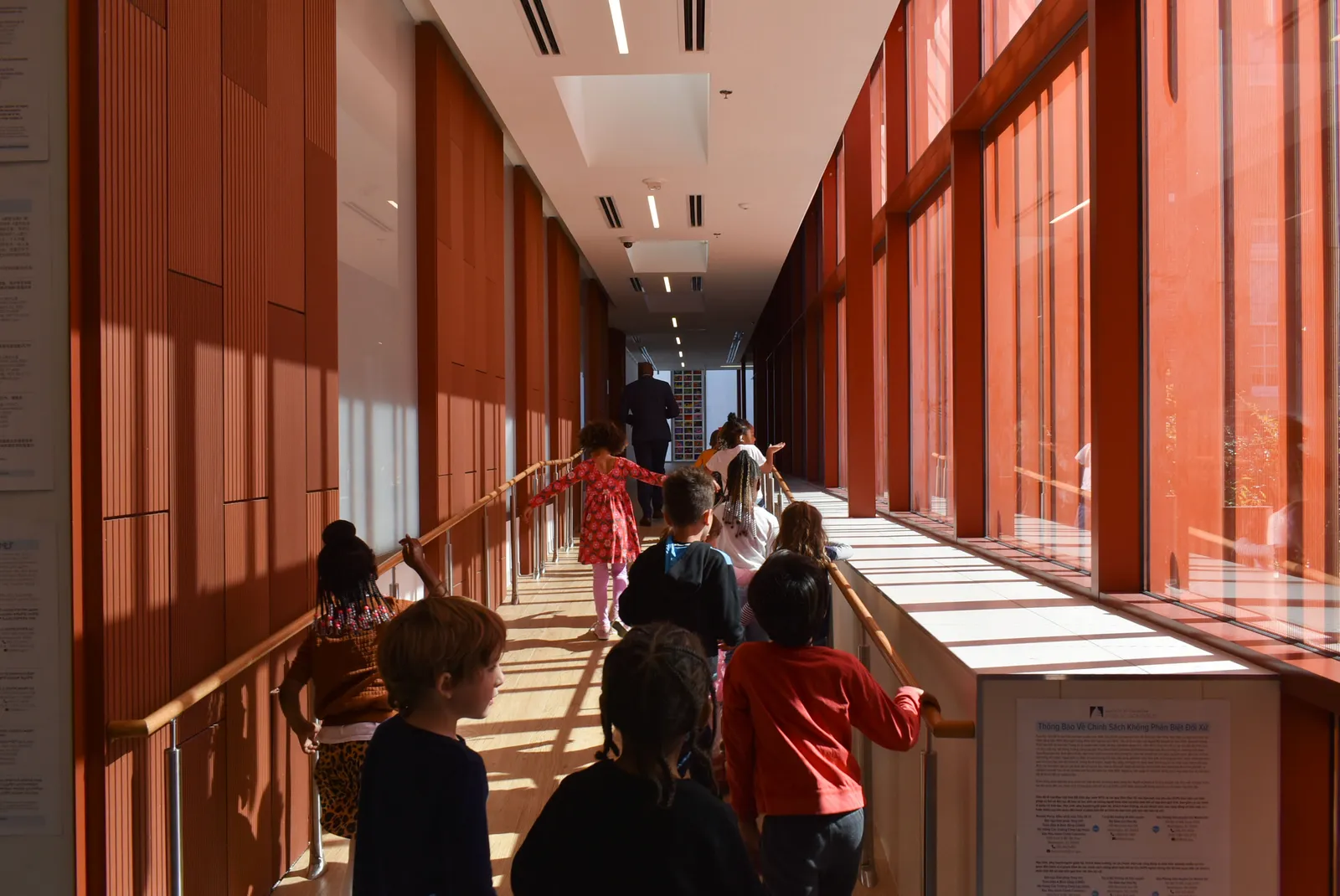
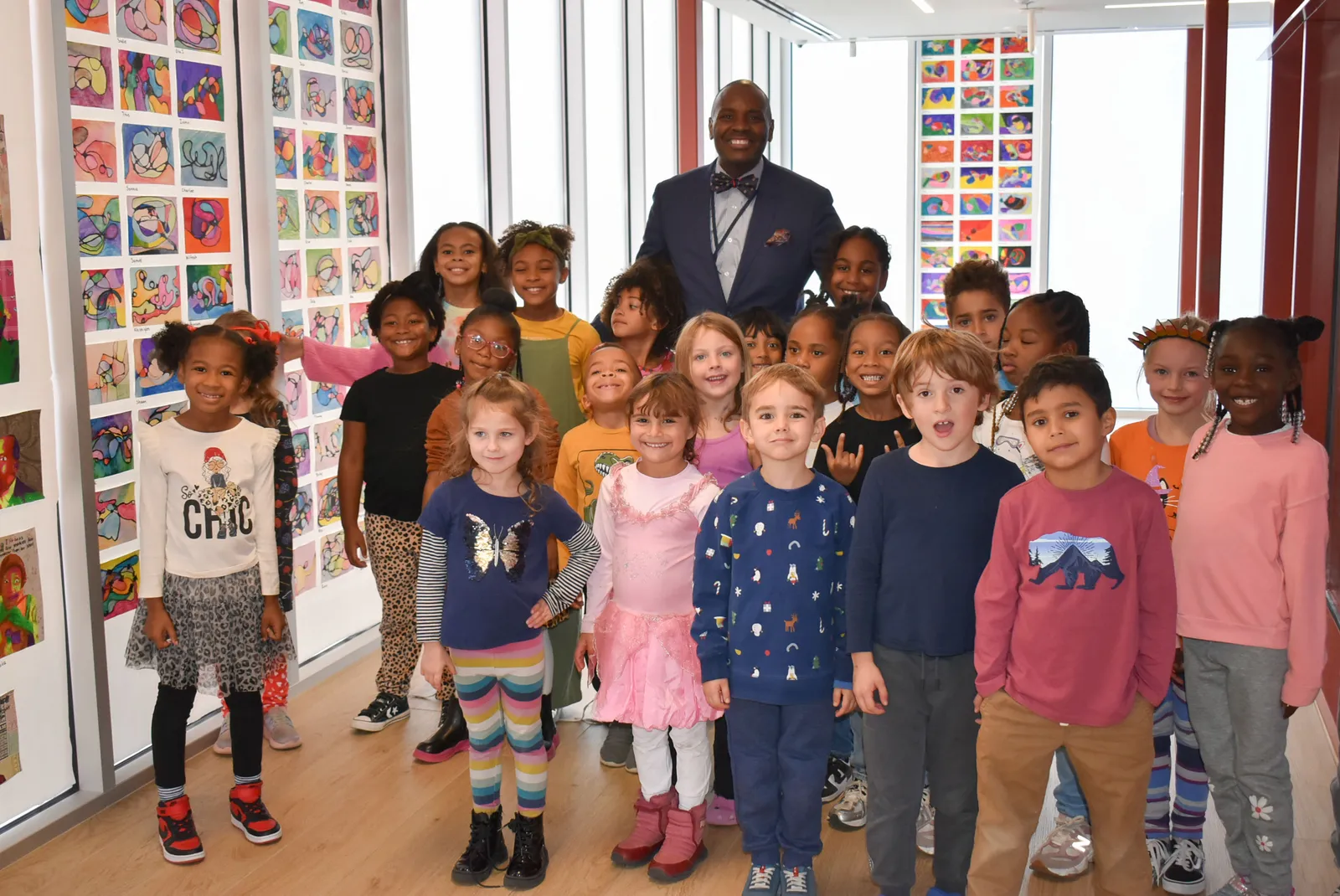
Uniting through DEI practices
When Hooks became principal at the start of the 2018-19 school year, Hyde-Addison was in the middle of a two-year renovation and expansion that required students to attend classes in a "swing space" located across the city. It was a contentious time as some families weren't happy about their children moving to a school three miles away for two years.
Hyde-Addison's campus is located in historic Georgetown, which is one of the wealthiest zip codes in the city and where more than half of homes sell for $1 million or more.
Knowing how fractured the school community felt, Hooks began meeting with staff, families and students. He said he wanted to unite the community. That required "a lot of community work with families, some team building with the staff and even engaging with the students around their wants, needs, desires."
He maintained an open door policy and invited anyone in the school community to share how the school culture could improve their lives and be a more welcoming place.
Hooks also had ideas on how to increase inclusion and belonging in the school. When he began as the school principal, he was the only Black male educator in the building. He sought to diversify the staff to better represent the student body, which is 41% Black and 38% White. The remaining student population is 8% Hispanic/Latino, 7% two or more races, and 6% Asian, according to DCPS.
K-2 students score double digit gains on reading assessment
K-5 students show math gains
Hooks also encouraged school staff to explore their own personal biases. And they dug into student performance data to see how subgroups of students and each individual student could be supported. Staff examined the curricula and refined lessons to be more inclusive of different races, cultures and experiences.
And then, just months after everyone was back together on the updated Hyde-Addison campus, the school closed for in-person learning because of COVID-19.
From the onset of the pandemic, Hooks tried to make online school as normal as possible. Students had a full day of instruction supplemented with virtual field trips and PE. Parents were encouraged to attend online meetings and informal meet-ups.
Despite not being together in person, Hooks said the school community stayed united because of the staff's attention to individual student needs and their dedication to inclusion and belonging efforts. This work continued once students and staff moved back into the renovated school.
Hyde-Addison has an Equity and Anti-Racism Task Force that's mainly led by parents. The task force meets regularly and publishes a monthly newsletter focusing on different cultures and experiences represented in the school community.
Hooks said these DEI efforts are supported by DCPS and the city government. "I did not feel like I was isolated working against the system. I was part of the system," Hooks said. "So we're going to do all of this equity work, but it's inclusive of everything we do each and every day."
Paige Hoffman, DCPS chief of school improvement and supports, said Hooks is intentional about putting systems and structures in place to reinforce equitable services and resources.
"It is the curriculum work, but it's also about the policies and practices that the leader is doing every single day with this leadership team and teacher-led meetings to also make sure everyone has that language and has the muscle to do that," Hoffman said.
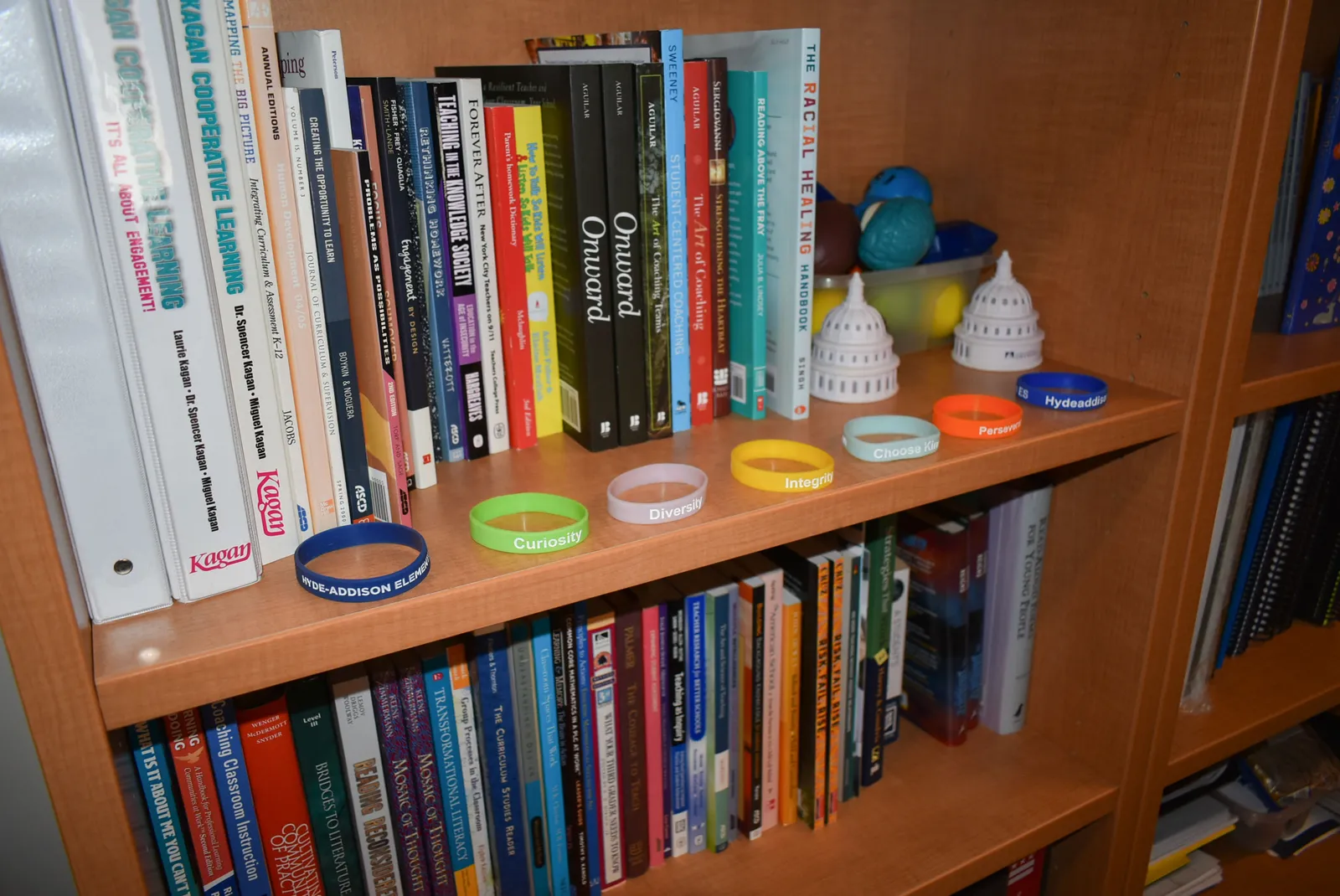
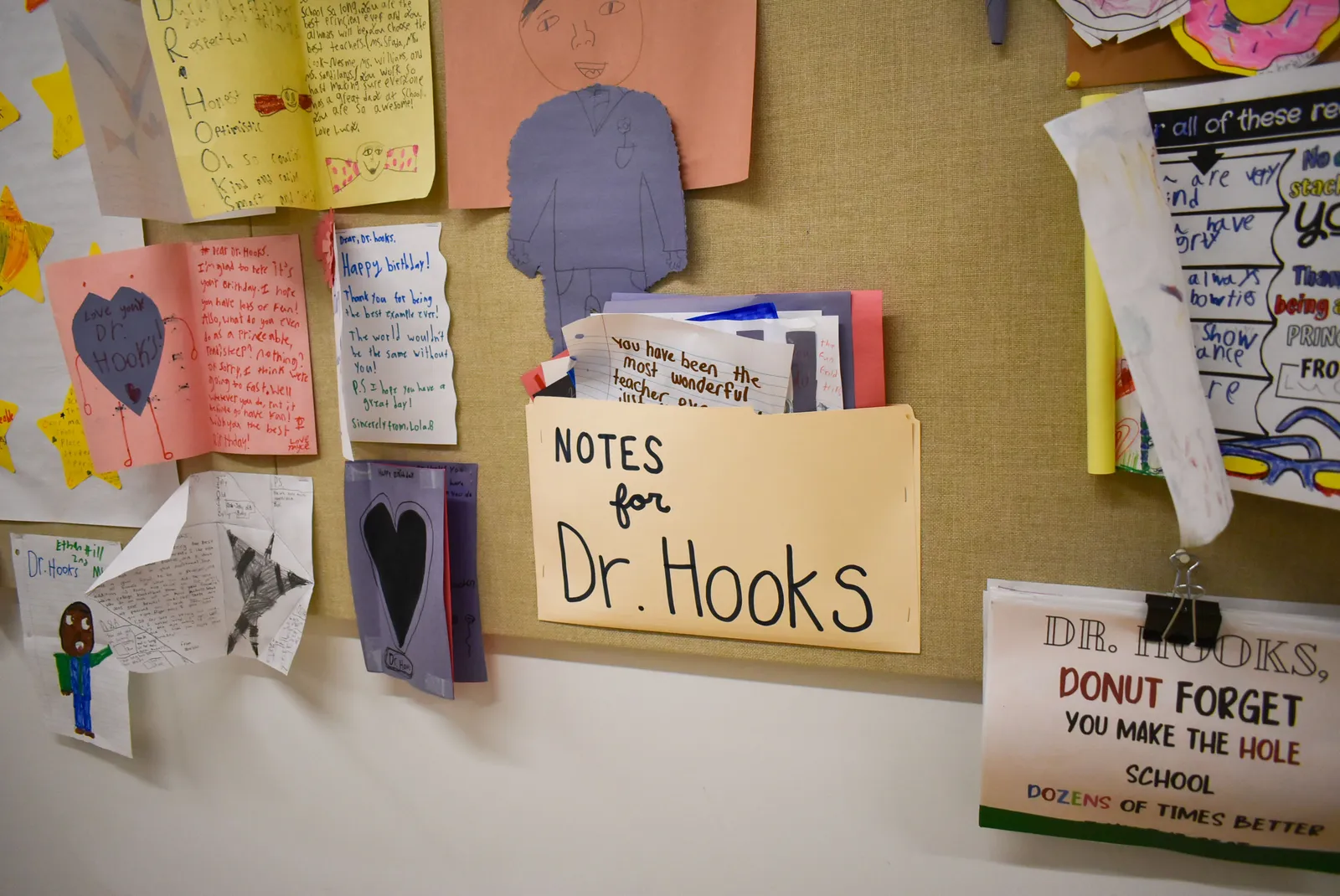
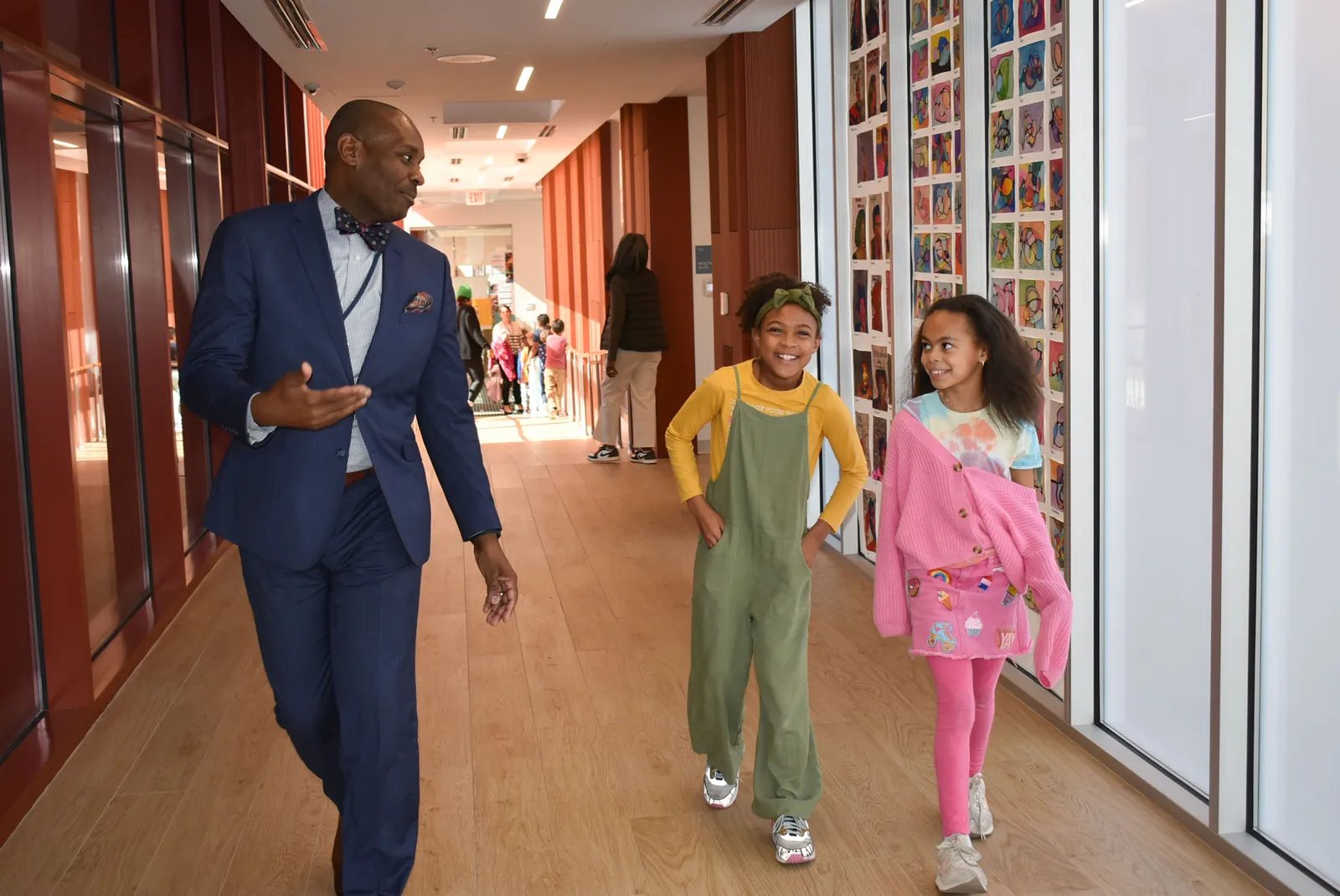
Achieving at the highest level
To boost academic achievement, the school launched a free Acceleration Academy two years ago to provide students with after-school math and English language arts supports. Every classroom teacher and some specialized instructors opted to extend their work day to help with the academy, and received a stipend for doing so, Hooks said.
The school continues its community outreach by hosting literacy and math nights where parents can hear about what their child is learning and how to support them at home.
Every Friday, a schoolwide meeting with students, parents and staff honors students — who have been nominated by their class — with bracelets for representing the school's five core values: curiosity, diversity, integrity, kindness and perseverance.
I think a lot of it comes through the mindsets and perceptions and ensuring that everyone really views the child as someone who can achieve. So it's my goal to get them there, and it's my goal to have a team who wants to get them there.

Calvin Hooks
Principal of Hyde-Addison Elementary School
The school's diversity and high academic achievement attracted Ariana Roland to enroll her daughter, 4th grader Savannah Holland, as a kindergartner, despite the school being across the city from the family's home. Savannah has classmates from different countries and with different life experiences. "I love that for Savannah because that's what the world is," said Roland, who is a DCPS school counselor at another elementary school.
Hooks said one of the things he is most proud of is Hyde-Addison's ability to demonstrate that regardless of which ward students come from and whatever their race or life experience, they can achieve at the same level as anyone else.
"I think a lot of it comes through the mindsets and perceptions and ensuring that everyone really views the child as someone who can achieve," Hooks said, adding that "every single one of my students" can achieve at the highest level.
“So it's my goal to get them there, and it's my goal to have a team who wants to get them there.”
Visuals Editor Shaun Lucas contributed to this story.

